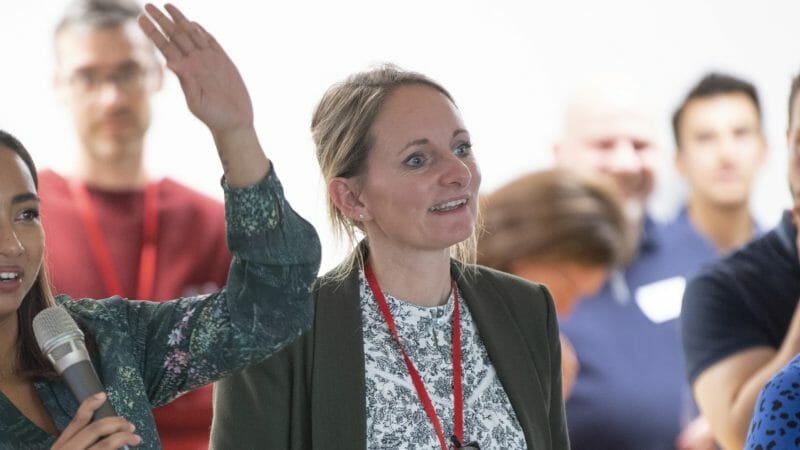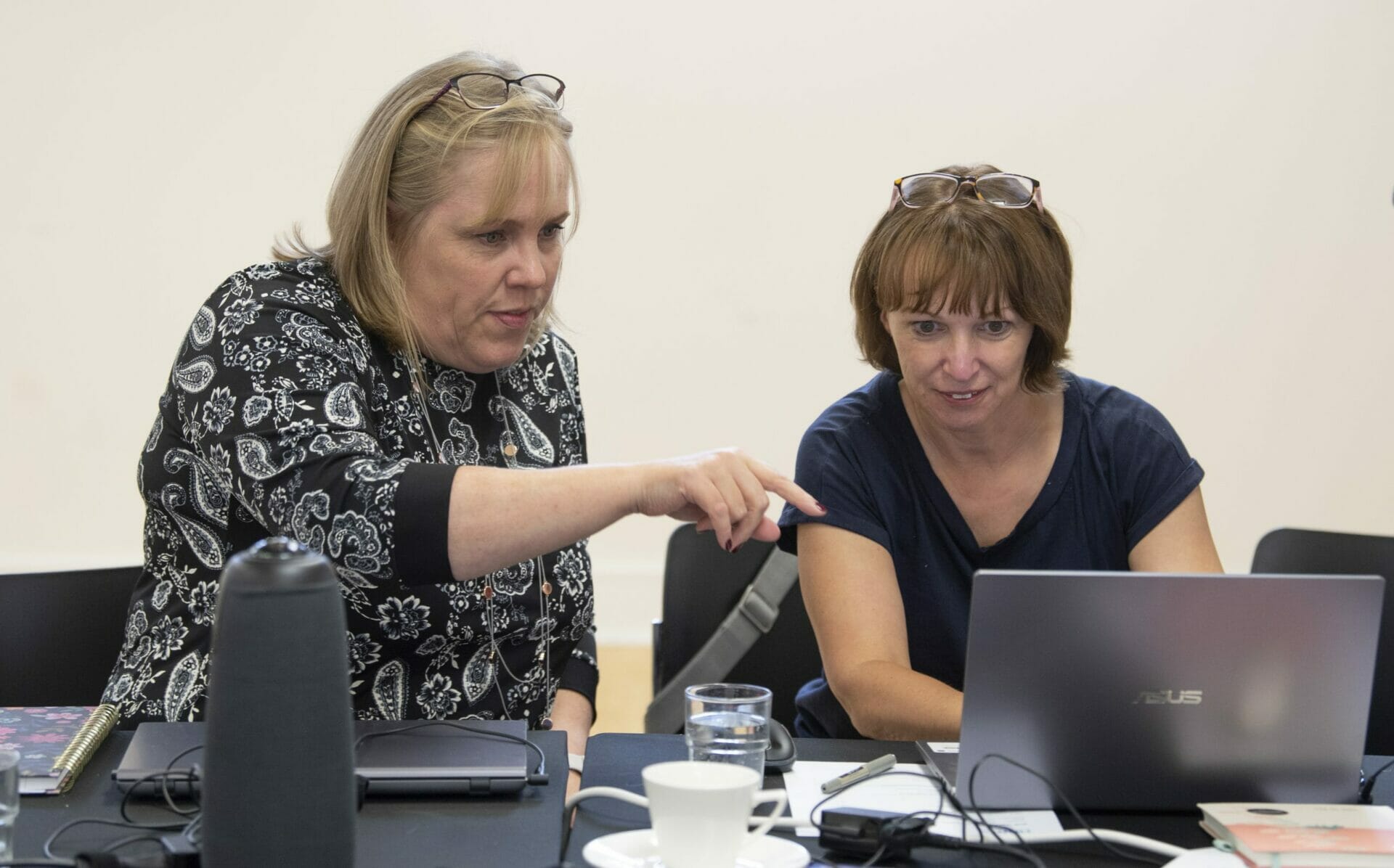Theme Lead: Professor Ewan Pearson
There are over 4.3 million people living with diabetes in the UK, and cardiovascular disease remains the leading cause of death among this population. Despite advances in treatment, many people with diabetes still face higher risks of heart attacks, strokes, and heart failure. The Diabetes Data Science Catalyst, a partnership between the BHF Data Science Centre, Diabetes UK, and HDR UK, aims to harness the power of large-scale data to better understand and address the complex relationships between diabetes and cardiovascular health.
What we do
We’re working to improve how data is used to support research and care for people living with diabetes, with a focus on preventing and managing heart and circulatory problems. By making it easier to access and use linked health data, and improving the systems that support life-changing research, we aim to uncover new insights into how treatments work in the real world, why care can vary, and how we can intervene earlier to help people with these conditions to stay healthier for longer.
Key areas of work
Diabetes Community of Practice
Our Diabetes Community of Practice brings together researchers across the UK who work on diabetes health data. These quarterly meetings allow members to present their latest research findings, make new connections, and explore opportunities to collaborate. To join, get in touch at bhfdsc@hdruk.ac.uk.
Driver Projects
We have supported five projects using whole population data, two of which have been directly funded by the Diabetes Data Science Catalyst.
Defining diabetes
For effective data research into diabetes, researchers need to know exactly how to define all the different types of diabetes. We’re working to develop these definitions so scientists can ask and answer the most important research questions as accurately as possible.
Areas of work
Find out more about our data-led research.

Whole Population Data
We aim to improve access to and use of high-quality, linked health datasets covering entire populations across the UK.

Defining Disease
To drive large-scale, data-driven research, we’re working to develop and share reusable definitions of cardiovascular diseases in computable forms. These definitions enable researchers to interpret and use health data, leading to more accurate and reproducible studies.

Enhancing Cohorts
We’re working to accelerate health data research by making it easier, faster, and more secure to link data from clinical cohorts with routine health records. This approach will help researchers uncover new insights into disease causes, progression, and treatment, improving patient care and outcomes.

Data Enabled Clinical Trials
By integrating routinely collected NHS health data into clinical trials, we’re helping researchers recruit participants more effectively, reduce administrative burdens, and generate real-world evidence that can lead to quicker, more impactful advances in cardiovascular care.

Imaging
Cardiovascular imaging research has the potential to transform disease diagnosis, risk assessment, and treatment. This area aims to improve access to imaging data linked to health-relevant datasets across the UK, enabling innovative research and improving patient outcomes.

Smartphones and Wearables
We’re working to unlock the potential of smartphone and wearable data to discover new ways to prevent, diagnose, and treat cardiovascular disease, by establishing secure access to and fair use of smartphone and wearable data linked to healthcare records.

CVD-COVID-UK / COVID-IMPACT
CVD-COVID-UK/COVID-IMPACT is a major research programme coordinated by the BHF Data Science Centre, bringing together a consortium of over 400 researchers across more than 50 organisations. The programme enables analysis of anonymised, linked, nationally collated healthcare datasets across the UK to investigate the relationship between COVID-19 and cardiovascular disease, as well as its impact on other health conditions and risk factors.

Stroke Data Science Catalyst
A partnership between the BHF Data Science Centre, the Stroke Association, and HDR UK, using data to drive research into stroke prevention, treatments, and care.

Kidney Data Science Catalyst
This partnership between the BHF Data Science Centre, Kidney Research UK and HDR UK will enable researchers to securely access, link and analyse existing UK health data, speeding up the search for better kidney and cardiovascular disease prevention, treatments, and care.